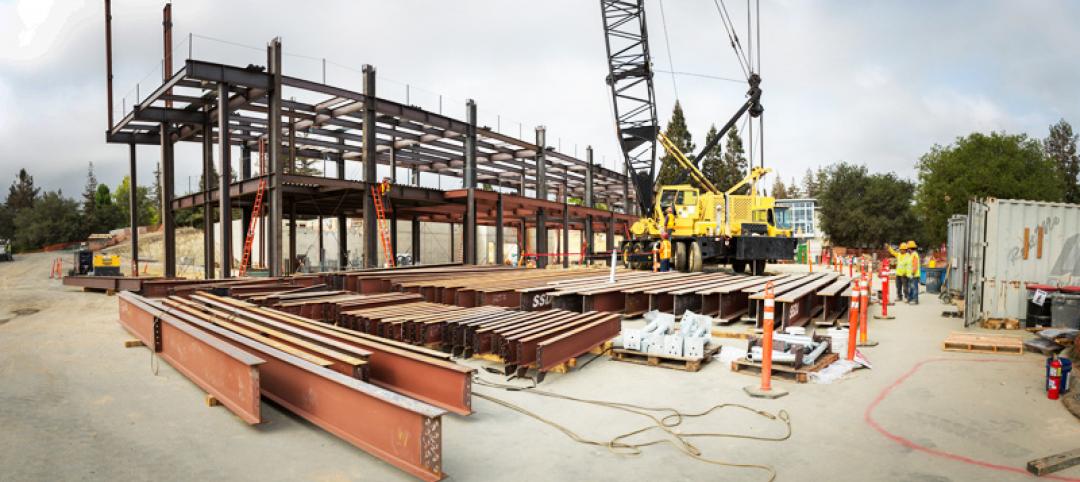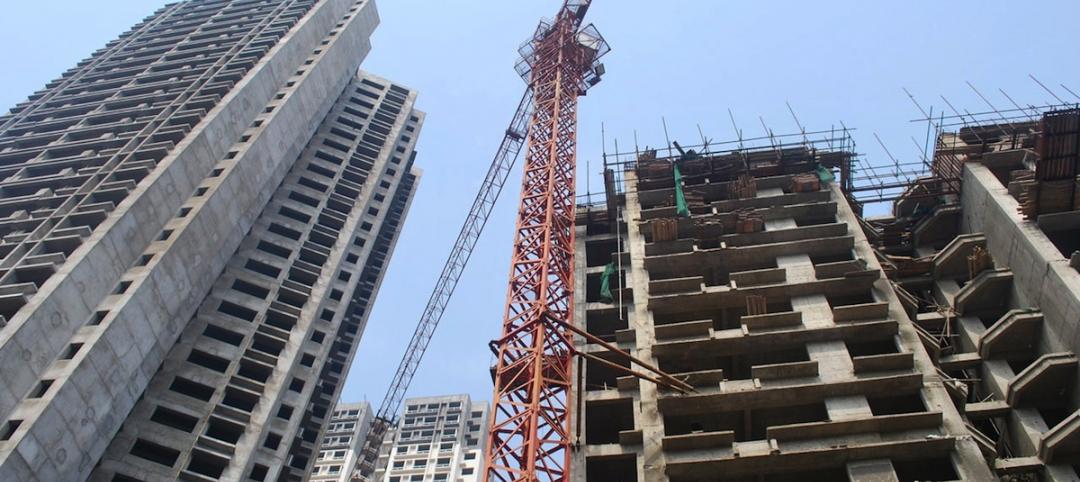Hurricane Ian struck the Southwest Florida coastline last fall with winds exceeding 150 mph, flooding cities, and devastating structures across the state.
A construction risk management expert writing for Multifamily Dive believes the projected economic damage, as high as $75 billion, will prompt the state to beef up building codes and reform land use rules. Changes may include higher elevations requirements, elevated living spaces, and mandates for concrete block framing.
Single-family and multifamily homes anchored on concrete piers may be designed with open garages to protect elevated living spaces. Building pad elevations are likely to rise.
Nearly 500,000 insurance claims have already been filed in the aftermath of Ian, with estimated losses of $4.5 billion, according to the Florida Office of Regulation. Thousands of residents are still waiting to rebuild destroyed homes.
Improved codes and regulations that yield more resilient structures will help ensure that the state will better withstand the impact of future mega-storms like Ian that are likely to strike the state again. Florida officials appear to be getting that message.
Related Stories
Codes and Standards | Jun 4, 2015
NIBS, RICS to explore P3 as tool to achieve high-performance buildings
The idea of applying the P3 concept more to buildings, and especially building performance, is a potentially promising new avenue in the U.S., according to the trade groups.
University Buildings | May 30, 2015
Texas senate approves $3 billion in bonds for university construction
For the first time in nearly a decade, Texas universities could soon have some state money for construction.
Multifamily Housing | May 30, 2015
Energy Department releases resources to assess building energy benchmarking policies, programs
The new handbook demonstrates methodologies using real data from New York City.
Codes and Standards | May 27, 2015
Construction industry concerns with ‘Waters of the U.S.’ rule remain
EPA and Corps of Engineers rule may lead to a longer, more expensive permitting process
Codes and Standards | May 22, 2015
Rapid growth for environmental insurance in construction industry
The U.S. Environmental Protection Agency is paying closer attention to intrusion of potentially harmful vapors into commercial and residential buildings.
Codes and Standards | May 22, 2015
Roof collapse at Minnesota water park highlights failure to enforce codes
Rural areas say they can’t afford to enforce state-adopted building code.
Codes and Standards | May 22, 2015
U.S. House scuttles EPA plan to expand definition of waters in Clean Water Act
Construction industry officials said the rule would hamper developers, cost jobs.
Codes and Standards | May 22, 2015
First EPD covering PVC water and wastewater piping published
Benchmarks impacts of seven PVC pipe products across their life cycles.
Office Buildings | May 18, 2015
New ASHRAE standard offers test method to determine heat gain of office equipment
The standard will aid engineers in configuring cooling systems in office buildings.
Codes and Standards | May 7, 2015
Widespread damage from Nepal earthquake due to poor implementation of building code
Nepal’s code author says destruction was ‘inevitable.’














